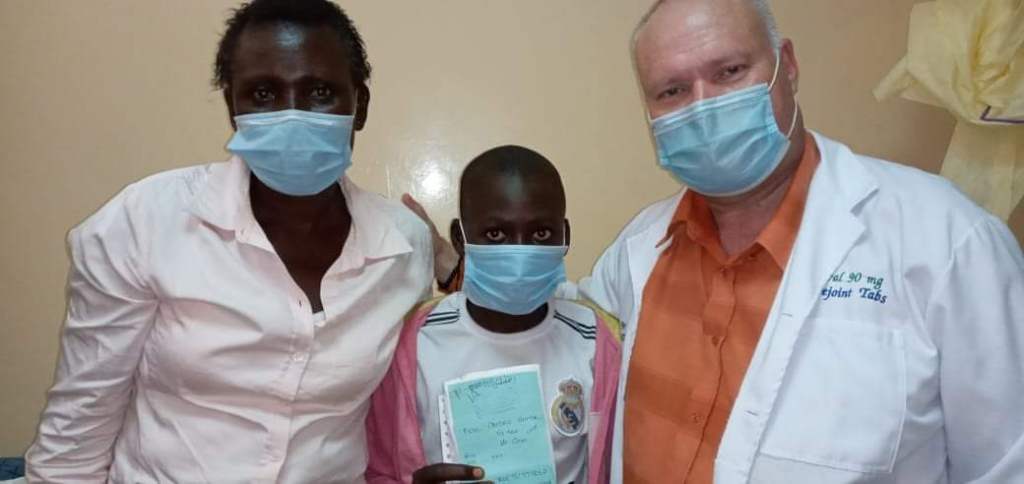
Dr. Alberto Felipe Rigñak Vaz reread the identification of the patient registered in his consultation book, in a Kenyan hospital. He had heard that they existed, but seeing it written was something else. "Fidel Castro!" he called, and when he saw a 14-year-old boy approaching accompanied by his mother, he had no more doubts.
The mother implored him with her best phrases to operate her son the keloid that he suffered as the result of an accident. And after the rigorous interview to attend to his case, the talk ensued to find out the origin of such an unusual designation for the adolescent.
Then, says Dr. Rigñak Vaz, he saw how the Historical Leader of the Cuban Revolution was already on the verge of myth among Africans because it was only after that conversation that the lady had a more complete idea of how much meant those two words she had chosen to name her son. She heard about what the Guerrilla of Time had done not only to bring social justice and sovereignty to Cuba but also to banish colonialism and apartheid from the continent, the cradle of humanity. Until then, she said, she associated him with someone important, notorious, and closely linked to another great of the African history: Nelson Mandela.
"It was very emotional to know that Cuba has been here for a long time, that the name of our country is associated with Fidel, Raúl, Che and, now, with us," the specialist in Reconstructive Plastic Surgery, Aesthetics and Burns, who for several years fulfills its mission as a collaborator in Kenya, said.
Statistics say that, in 1959, the most chosen name in Cuba for children born that year was Fidel. In Africa, "Fidel Castro" has multiplied in those who, sometimes without knowing for sure why, help his legend continue to grow, not based on the creativity of fiction, but on concrete facts that the good ones leave in the lives of millions.





